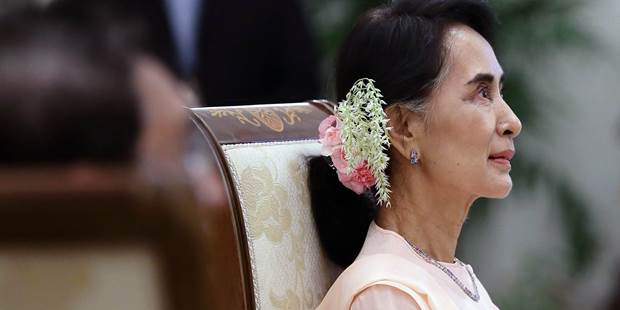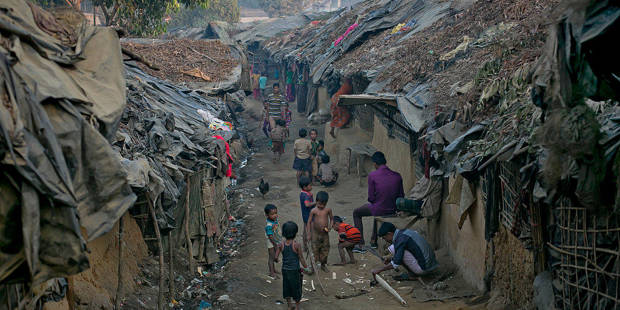Syed Munir Khasru
Syed Munir Khasru is Chairman of the Institute for Policy, Advocacy, and Governance (IPAG), an international think tank with a presence in Dhaka, Delhi, Melbourne, Vienna, and Dubai.
-
The Global South’s Pandemic Path to Self-Reliance

The Global South’s Pandemic Path to Self-Reliance
Nov 17, 2020 Syed Munir Khasru explains why the pandemic gives developing countries a chance to reduce their dependence on external aid.
-
The Lady and the Exodus

The Lady and the Exodus
Sep 15, 2017 Syed Munir Khasru laments the failure of Myanmar's de facto leader to protect the Rohingya minority.
-
A G20 Refugee Agenda

A G20 Refugee Agenda
Jul 5, 2017 Syed Munir Khasru proposes an overhaul of intergovernmental efforts to aid the world’s growing displaced population.
-
ASEAN and the Rohingya Crisis

ASEAN and the Rohingya Crisis
Feb 1, 2017 Syed Munir Khasru urges the bloc's members to rethink their non-interventionist approach.








